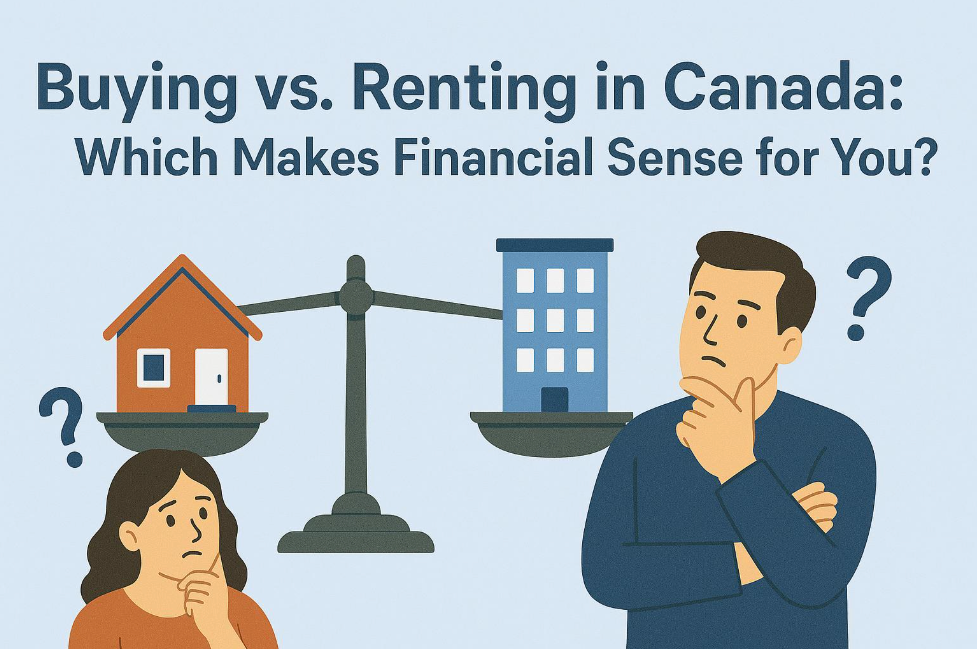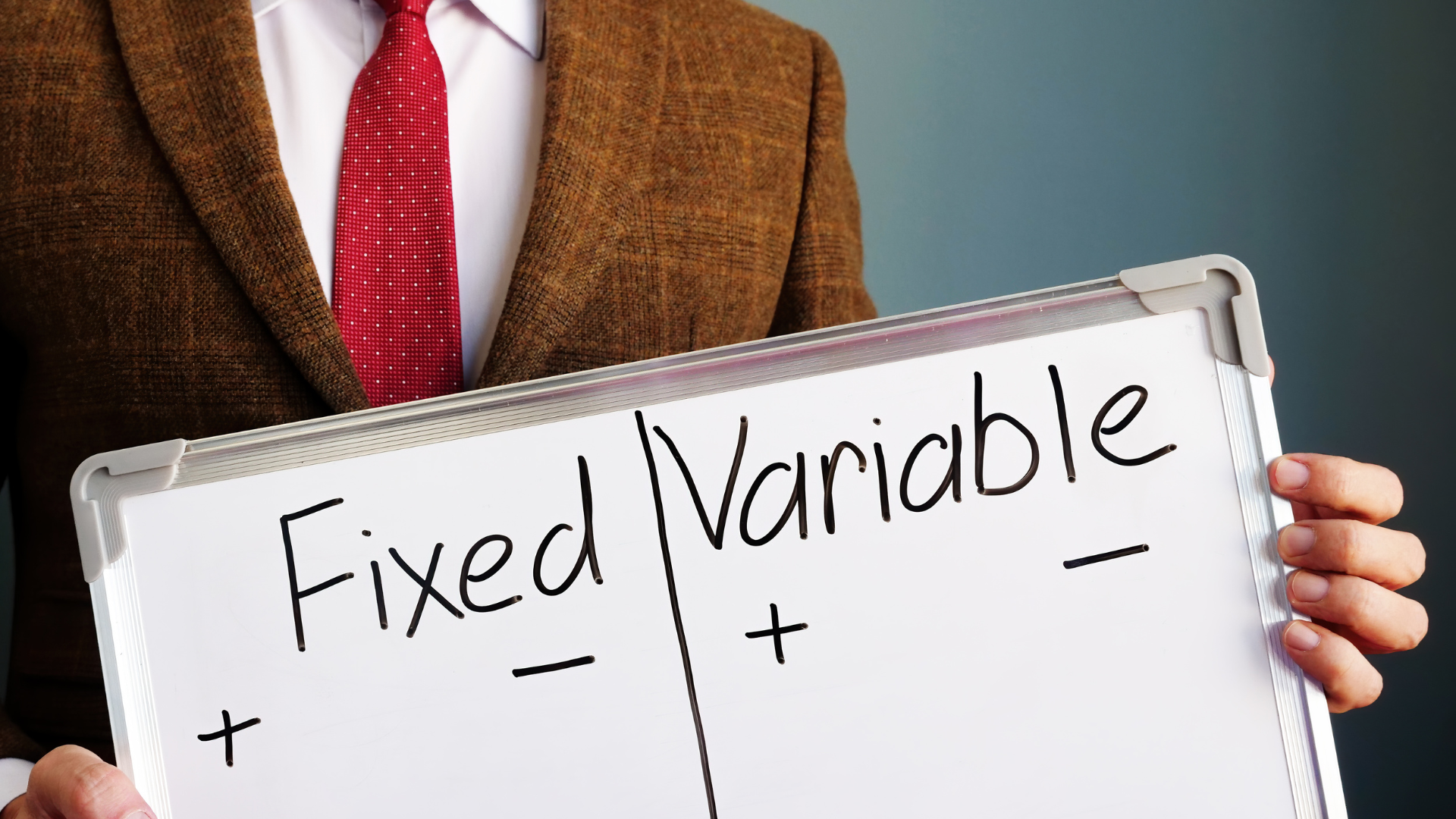BC Provincial Budget 2016 – Things of Note for Home Buyers
 Breaking News:
Breaking News:
The BC Minister of Finance has announced several changes* that will impact home buyer’s including:
- The first time home buyer’s exemption will remain the same at $475,000
- Newly-built homes up to $750k will be property transfer tax (PPT) exempt, but only
for Canadian citizens and permanent residents.
- This exemption applies to all homes that are owner-occupied for at least a year after purchase date (qualifications for this do not include relatives).
- This is a potential savings in closing costs of up to $13,000.
- This is in addition to the existing First Time Home Buyers’ Program for properties up to $475k.
- Homes purchased for over $2 million have an increase in property transfer tax of 1% bringing the total tax which was 2% to 3%.
- The 3% tax is only paid on the amount over $2,000,000.00, not the full price.
- This tax applies to both new and used homes.
- Buyers will be required to provide their citizenship information, disclosing their country of residence for all property transactions. This information will be monitored by the government
- This hasn’t been done since 1998.
- The beneficial ownership of properties held by corporations will also be tracked.
* the full details of the changes haven’t been released, so we will know more shortly.
There is some good news for First Time Home Buyer’s and those looking to upgrade to a brand-new home.
Contact me, so I can give you an unbiased view of which mortgage product is right for you since I have access to 90+ financial institutions.
My services for a typical mortgage are FREE and I help people save money!
Let’s have a chat to discuss your best mortgage option, not the banks!
Kelly Hudson
Mortgage Expert
Mobile: 604-312-5009
Kelly@KellyHudsonMortgages.com
www.KellyHudsonMortgages.com






